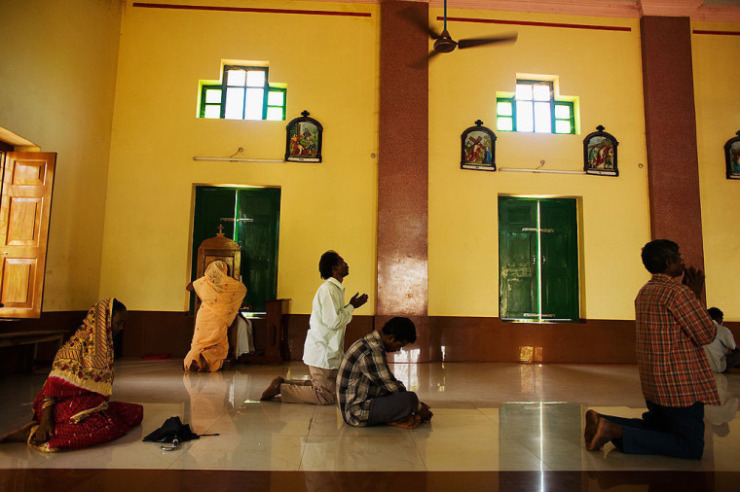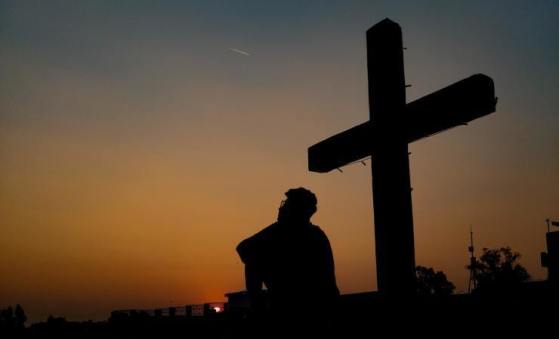
The high court of the eastern state of Chhattisgarh has ordered the local administration to ensure the safe return of more than a dozen Christian men who had to flee their villages after their houses were vandalized for refusing to convert to Hinduism.
The Bilaspur High Court passed the order earlier this month in a Public Interest Litigation filed by 12 Christians to seek security for the displaced Christians who came under attack in September, according to the U.S-based persecution watchdog International Christian Concern.
“We ran for our lives,” Vijay Sori, a survivor, said. “The death threat they hurled against us were very frightening. There was no other way than to flee from the village. Our lives are in danger as the villagers have vowed to kill us if we return. Our lives are being badly affected with the dangerous atmosphere created by the villagers.”
The Christians, especially men, from three villages — Kakadabeda, Telliabeda and Singanpur — were displaced for nearly one and a half months.
In three separate attacks in September, tribal (aboriginal) villagers had vandalized 16 houses belonging to Christians from the same tribe and attacked at least one tribal Christian woman, according to StoriesAsia, which said most of the Christian women in those villages had been living alone as male family members had fled into jungles for safety.
“A few men attacked me and tore my clothes,” a Christian woman was quoted as saying.
“I kept pleading with them but they kept beating me. My only fault was that I follow Christianity,” said another woman.
Police arrested six tribal villagers on Oct. 14. They also arrested two Christian men as the villagers filed a counter-complaint. The Christian men were released on bail two days later.
Tensions in the villages began after a local tribal priest, identified as Lakum Poyam, claimed that a goddess of the tribe had claimed ownership over those villages.
“Our deity has ordered that all the tribal people in the neighboring villages be united together. I participated in all the meetings where the conversion of Christians to Hinduism was planned. I have been telling the villagers about our goddess’ order for a while,” Poyam told StoriesAsia.
“I have a worship room in my house with a wooden structure in it. During the annual festival in the village, the goddess possesses the most suitable young man, who then carries that piece of wood. The wood then leads the man to a village, and the goddess then becomes the owner of that village,” he explained.
“This shows that the ancestors of all these villages were the same. So how can anyone in those villages even think of practicing other religions?”
India is ranked No. 10 on Open Doors’ 2020 World Watch List of the countries where it is most difficult to be a Christian. Open Doors notes that converts to Christianity from a Hindu background are “especially vulnerable to persecution” and are constantly under pressure to return to Hinduism.
John Prabhudoss, chairman of the Federation of Indian American Christian Organizations of North America, told The Christian Post earlier that the victory of the Hindu nationalist Bharatiya Janata Party in the national election in 2014 and its reelection in 2019 had “brought about a sense of confidence among the Hindu radical party cadre that now they can attack the Christians and other religious minorities with impunity and they do not have to worry about the law enforcement.”
Courtesy of The Christian Post




